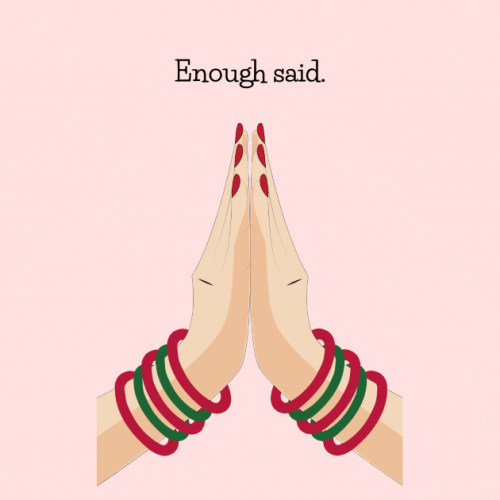Residential parks covered in fires of the burning flesh of our deceased (young, old, loved and unloved), next to homes, schools and hospitals, surrounded by helplessness, fear and anguish along with people struggling to breathe, would be a worthy Dantesque description of the gates of hell.
Yet, what I describe is the cost of living in India now.
As a Non-Resident Indian (NRI), to say that I am numb with shock and distraught is an understatement. However, I want to share some of my observations of this week.
Trauma and resilience
Indians know hardship, resilience and how to survive.
If you are Indian or have lived in India for any length of time, you know that nothing works. From getting a drivers licence to finding an entry-level job. Everything is soul-crushingly hard, and it shouldn’t be. (The success of the American – Indian diaspora is a testament to what we as a community can do when given even half a chance.)
Despite nothing acting in our favour, many Indians thrive. My sister and I always jest that we don’t read autobiographies or self-help books because our lives and experience teach us far too much at an early age.
Indians survive, develop resilience, invent jugaad and move on.
And that’s what I see in this pandemic. Indians are preparing to mentally move on at the earliest possible opportunity, arguing that “this is how it is in India and nothing will change. We have to survive only, and things will be better.”
This attitude is a catastrophic mistake: Indians are going through a traumatic event. There is not a single neighbourhood that COVID-19 has left unscathed.
Speaking from my own experience, trauma changes you as a person. And not always for the better. I can cope with traumatic levels of stress that would simply destroy you, but I cannot cope with the stress of a normal relationship.
My trauma makes me more empathetic, but this is not always a given.
I fear more and more Indians will become even more resilient and accepting of hardship, but worse, still less empathetic. Trauma can do that.
The failings of government during a pandemic are unconscionable. There is no place in heaven or hell to hide.
Over the past (now) 14 months, my B-school classmates and I, have been having this on-off conversation around strategic options open to governments other than lockdowns.
We all agree that (eg) European governments should have been better prepared for the 2nd coronavirus wave.
In India, I will ignore inexplicably basic government errors namely, not permit election rallies and mass religious events.
But there are roles that only a government, even a cash-strapped one, can and must perform. I’ll highlight just two:
- Monitoring new variants and comparing how they are different from existing viruses. The world’s most predictable assumption is that the coronavirus will mutate. Was it possible to put cities were the new variant emerged under lockdown? Were there signs that those who required hospitalisation also needed Oxygen?
- Counting the number of deaths with accuracy.
This last point is essential. No-one is disputing the fact that India is grossly under-reporting the number of deaths. We are being slaughtered by a virus with NO END in sight.
Years from now, I don’t want a historian to claim that “things were not as bad as was claimed.” A century from now, no-one will be around to dispute that there was systemic under-reporting of deaths and this is the evidence.
Indians are going through a national tragedy – let’s not pretend its anything else.
The bridge over troubled waters offered by private parties and NGOs
My LinkedIn is full of stories of private individuals, companies, NGOs and religious organisations stepping to plug in the gap that the public sector has left.
It is so similar to the story of the first lockdown. Daily wage workers across large cities were the most significant casualties of strict lockdowns. Without a social safety net, the slack was picked up by NGOs serving millions of meals.
I can truthfully say to you that this is the first time I feel so proud that I am Indian. When pushes come to shove, my countrymen, who are often accused of not doing enough charity by the West, are heroes.
It struck me that this is what it means to be Indian.
We keep doing our duty without any recognition and expectation of an award or an acknowledgement of our service.
We have only just started, “charitable fatigue” should not be a part of you vocabulary.
For the next few months, I have planned to stop most non-essential spending because this will be diverted to charities and NGOs in India.
I am not making huge donations, but my assistance will be consistent and over at least six months.
There is very little that I can do sitting from my comfortable home outside India. The least I can do is not be fatigued when asked for money now because I know it will save lives.
